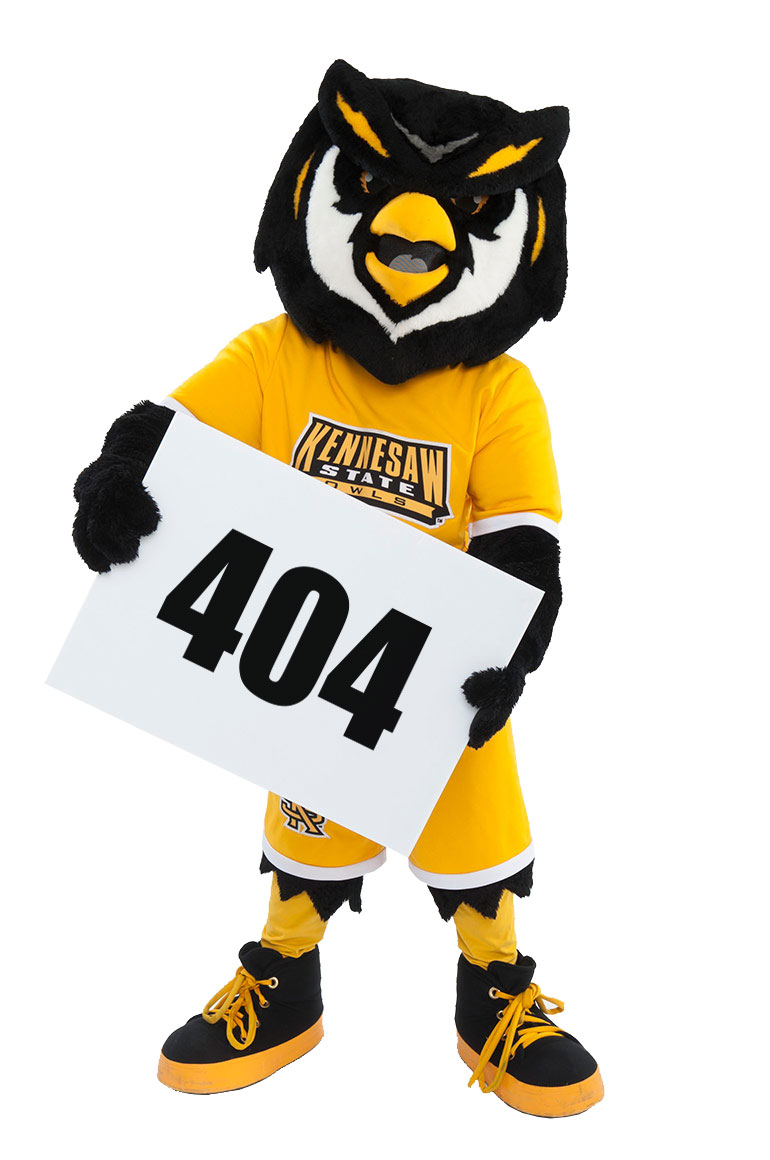

Sorry, the page you were looking for may have been deleted or moved to the KSU Archives!
If you typed the web address, check it is correct. If you pasted the web address, check you copied the entire address.
You can also search the KSU Archives or browse from the KSU News homepage to find the information you need.
Search the KSU Archives Visit the KSU News Homepage













